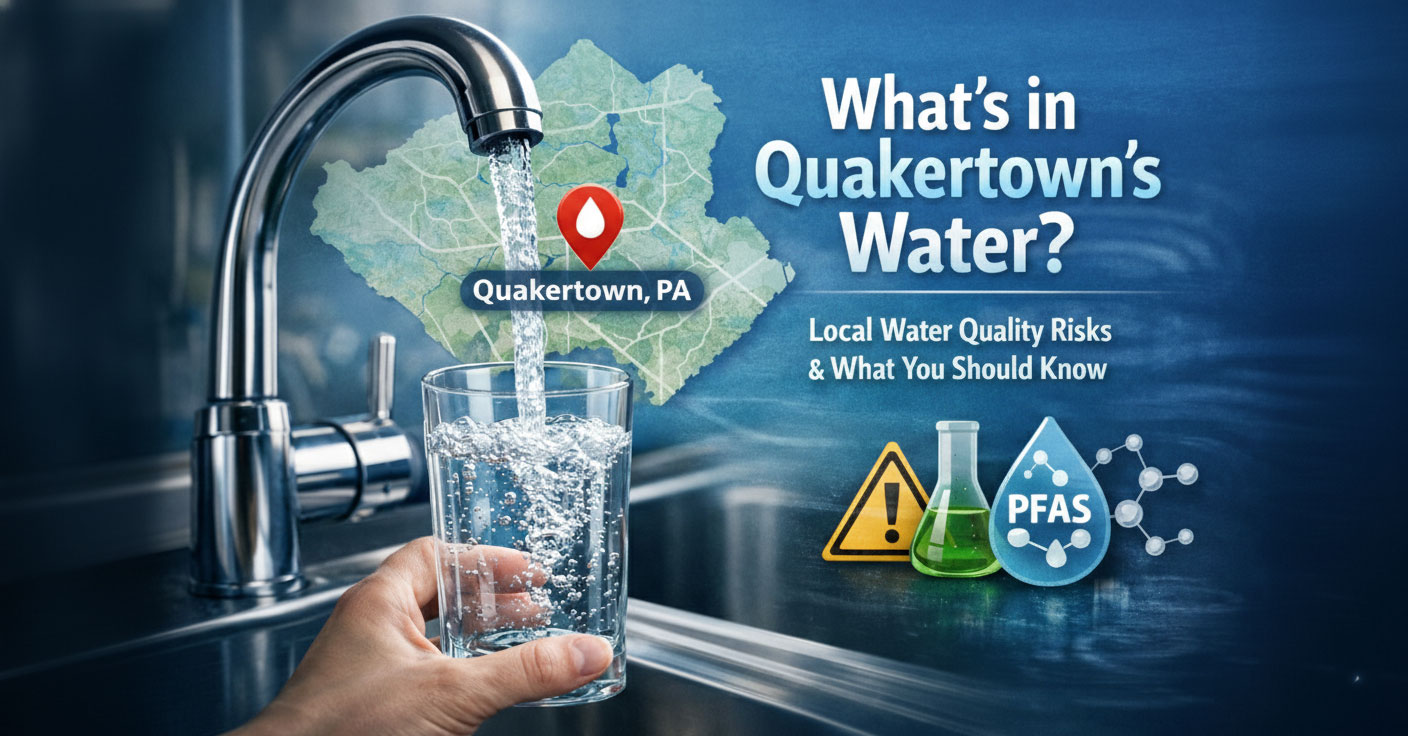Do You Still Have Hard Water with a Softener Installed?
Water softeners are designed to eliminate hardness minerals like calcium and magnesium—but over time, even a quality system can begin to fail. If you’re noticing the return of scale buildup, dry skin, or cloudy dishes, your softener might not be doing its job.
This guide will walk you through the most common signs your softener isn’t working, what causes these problems, and what to do next.
Soap Won’t Lather and Skin Feels Dry Again
One of the first signs of hard water returning is when soaps and shampoos stop working the way they used to. You may feel like you need more soap to get clean, and your skin may start to feel tight or itchy after showers.
These are classic symptoms of hardness minerals making their way back into your water supply—usually due to worn-out resin inside the softener.
You’re Seeing New Staining or Buildup on Fixtures
Hard water causes telltale signs like:
- White chalky deposits on faucets and showerheads
- Rust-colored stains in tubs or toilets (iron)
- Cloudy glassware or film on dishes
- Stiff or scratchy laundry
These issues may not appear all at once, but even minor signs suggest that the softener isn’t removing minerals effectively.
Your Softener Is Regenerating Too Often (or Not at All)
Softener cycling behavior is another giveaway. If your unit is constantly running, using excess salt, or never seems to regenerate, it could be a sign of:
- A stuck or failed valve
- Programming issues
- Fouled or exhausted resin
These mechanical issues can sometimes be repaired—but in many cases, a simple resin rebed can restore proper function.
Your System Is More Than 10 Years Old
Water softeners typically last 10–15 years. But even before the system fails completely, the resin bed inside may start to break down. Most residential softeners benefit from a resin rebed after 7–10 years, especially if the water has high iron or chlorine levels.
A rebed replaces only the resin inside the tank—often restoring performance without the cost of full replacement. Learn more about this process on our Water Softener Installation & Maintenance page.
Water Testing Still Shows High Hardness Levels
If you’ve invested in a softener but your water still tests hard, the system likely isn’t working as intended. A professional water test can confirm:
- Whether the softener is actually removing calcium and magnesium
- If other contaminants (like iron or manganese) are fouling the resin
- If a rebed, repair, or replacement is the right course of action
At Dierolf Plumbing and Water Treatment, we offer free water testing for new customers so you can get clear answers before making a decision.
Why Water Softeners Fail
Even a well-maintained system can stop working due to:
- Worn-out resin: Over time, resin beads lose their charge or become coated in iron or organic matter
- Salt bridging or mushing: Salt that doesn’t dissolve properly prevents regeneration
- Mechanical failure: Faulty valves, timers, or injectors can throw the system off entirely
- Incorrect system sizing or poor initial setup
If your home has high water usage or poor source water quality, the softener may need more frequent maintenance or upgrades.
Should You Rebed or Replace the Softener?
| Condition | Rebed May Be Enough | Replacement Might Be Better |
| Resin is fouled or exhausted | ✅ | ❌ |
| Tank or control head is damaged | ❌ | ✅ |
| System is under 10 years old | ✅ | ❌ |
| You want better efficiency or capacity | ❌ | ✅ |
If the tank and control valve are still in good shape, a rebed can save hundreds over full replacement.
Real-World Example: Softener Recovery in Douglassville
A homeowner in Douglassville reached out after noticing their soap wasn’t lathering and orange stains had returned. Their system was just 8 years old, but water testing revealed the resin was fouled with iron. A quick rebed resolved the issue—without the need for a new unit.
Still Unsure? A Simple Water Test Can Help
If you’re questioning whether your softener is still working, start with a water test. It’s quick, non-invasive, and gives you a clear answer—often within 24–48 hours.
There’s no guesswork, no pressure, and no surprises—just straightforward results from local water treatment experts.



